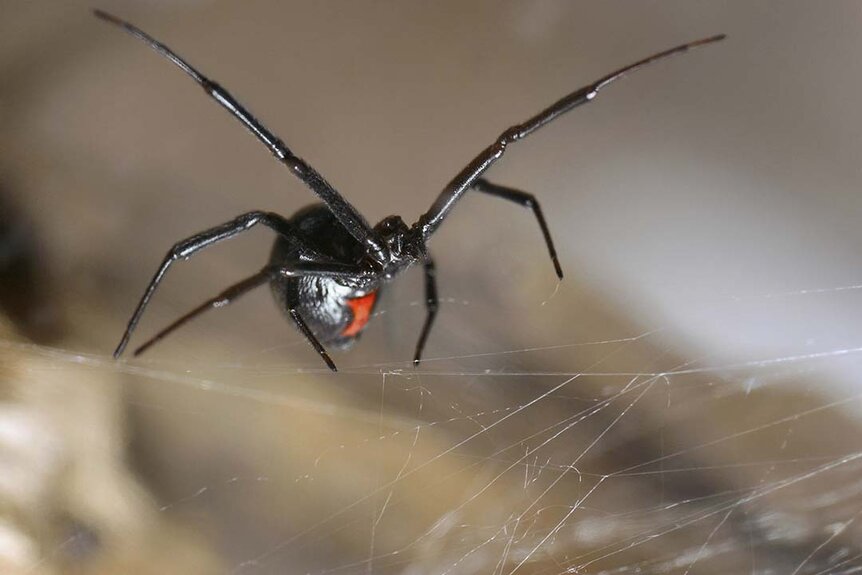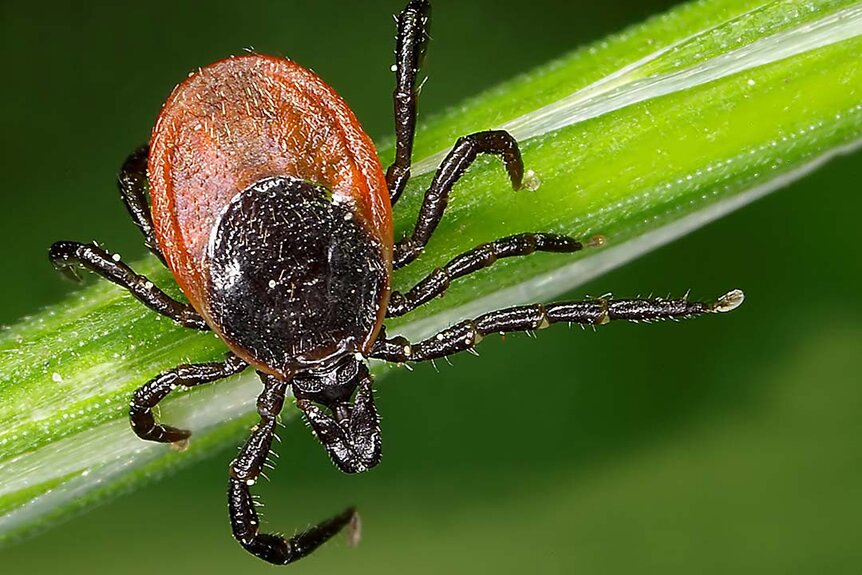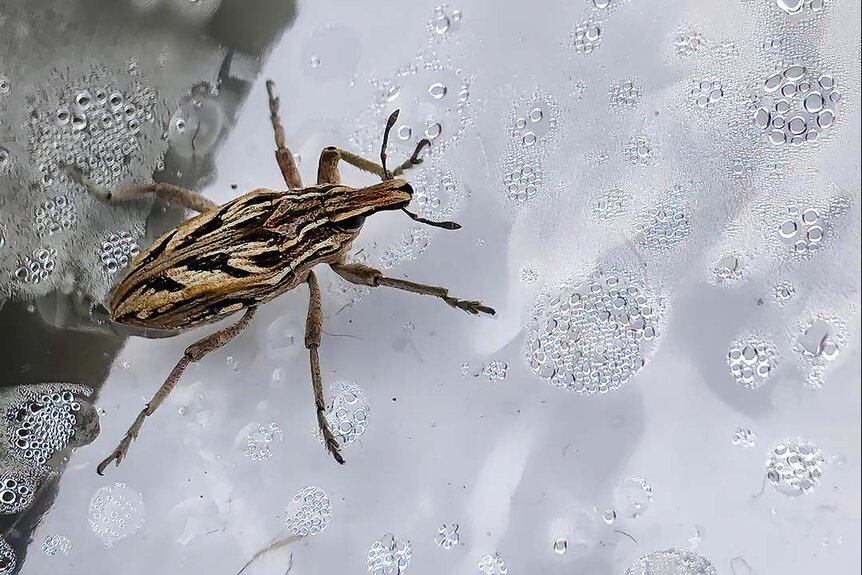Create a free profile to get unlimited access to exclusive videos, sweepstakes, and more!
Werebugs: The Creepy Crawlies with Bites that Change You
Even if werewolves were real, some of these might be worse.

Werewolves have been a staple of horror stories and spooky tales for centuries, evolving along with human sentiments. While ancient werewolf stories paint them as mindless, bloodthirsty creatures, modern interpretations manage to tell more human stories. In Wolf Like Me (streaming now on Peacock), the werewolf curse serves as a contrast to and stand-in for trauma, suffering, and loss.
It makes sense that biting monsters should show up so much in our legends and folklore. The piercing fangs of vampires and werewolves hearken back to the very real predators our ancestors had to battle with every day. Werewolves extend that fear to its extreme with a bite that, even if you survive, changes you into an inhuman monster at every full Moon. Werewolves, of course, only exist on the screen, but there are some real world creatures with bites capable of transforming your body.
Actual Creatures Whose Bites Can Transform Your Body
Black Widow Pain That Lasts For Days
A bite from a black widow is never a good time, but it’s also not typically life threatening. If you are an otherwise healthy person and you’re not a baby, the odds are that a black widow encounter will be unpleasant for a day or two, before becoming a survival story you tell your friends.
RELATED: 5 Best Werewolf Movies to Watch on Peacock to Prep For Wolf Like Me Season 2
Typical bite symptoms include pain and swelling at or near the bite area, muscle cramps, headaches, and nausea. Most of the time, symptoms start to subside within 12 hours and completely abate in a day or two. The incidence of envenomation by a black widow is called latrodectism, but that word also refers to a rare reaction which occurs in a small subset of people.
Every so often, for reasons which are not well understood, people have severe and enduring reactions to black widow venom. In these cases, victims experience intense cramps and muscle spasms and intense abdominal pain, accompanied by nausea and vomiting, which can last for days. Fortunately, even severe reactions eventually subside.
A Bug Bite That Makes You Allergic to Meat
Alpha-gal is a sugar molecule found in all mammals with the exception of humans and other primates. You’ll find it on grocery store shelves inside products like marshmallows, thanks to the gelatin, and in dairy products, but you’ll find it in the highest concentrations inside red meat. Everything from pork and beef to lamb and deer is packed with the stuff.
Alpha gal syndrome, therefore, refers to an acquired allergy to that sugar molecule. If a person afflicted with alpha gal syndrome consumes alpha-gal, they commonly experience a rash, nausea, vomiting, and diarrhea which lasts between three and six hours. The allergy can lead to anaphylaxis and be life threatening. You can develop alpha-gal syndrome through a number of mechanisms including congenitally from parent to child and from blood transfusions. The most common route, however, is through a bite from the lone star tick.
RELATED: Exclusive: Watch Mary's Wolf Stalk Gary in Season 2 of Peacock's Wolf Like Me
Lone star ticks don’t produce alpha-gal themselves, but they do pick it up from feeding on other mammals and transmit it in their saliva. The human body, accustomed to alpha-gal exclusively in the digestive system, mounts an immune reaction triggering an allergic reaction. From there on out, an afflicted person can no longer safely consume red meat or any other food containing alpha-gal.
The Curse of the Kissing Bug
The monster of this story is the vampire bug, also known as the kissing bug. They are so named because during the day they hide out in nooks and crannies and come out at night to feed on human blood. And they preferentially bite people on or near the mouth.
Kissing bugs are bitey, blood-stealing jerks but they are really only the middlemen in this transaction. The real culprit is a parasite called Trypanosoma cruzi, which kissing bugs sometimes transmit to animals (including people) they bite. Most people infected with the parasite experience no symptoms or only brief symptoms, but about 30% will develop chronic symptoms, some of which are pretty serious.
RELATED: Wolf Like Me Creators Break Down Season 2's Blood, Beats, and Baby Issue
In the acute phase, shortly after infection, people experience a mixture of fever, fatigue, soreness, headaches, loss of appetite, and swelling of the eyelids. These initial symptoms typically last for a few weeks or months. The chronic phase of the disease, however, can last a person’s entire life and lead to heart arrythmia, heart failure, enlarged heart, enlarged esophagus, enlarged colon, and other cardiac and gastrointestinal problems.
How about we all just keep our teeth, proboscises, and parasites to ourselves, please. If you feel the need to bite someone, watch Wolf Like Me instead, streaming now on Peacock.

















